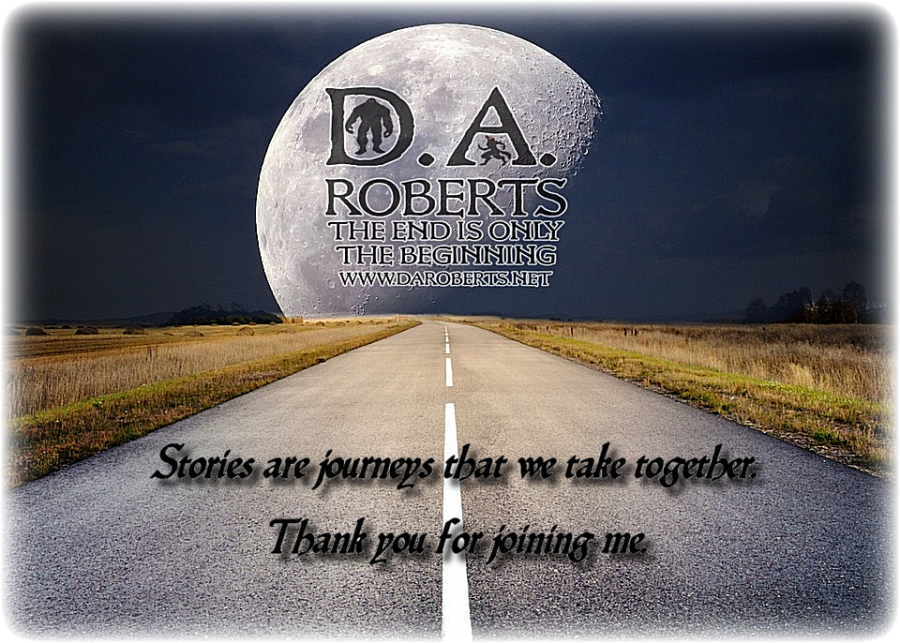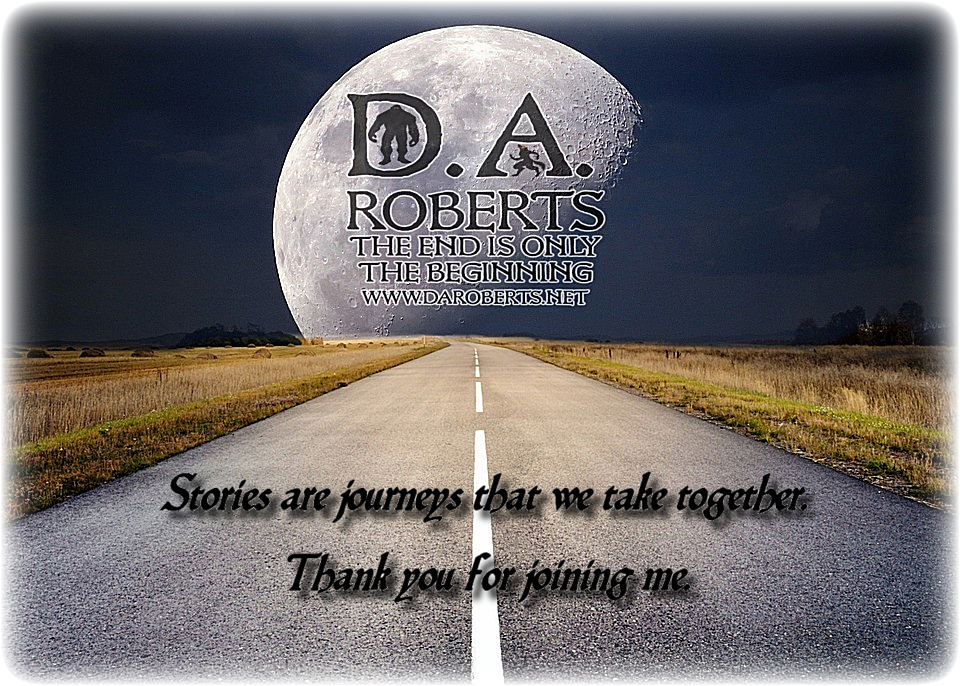Horror: Expectations versus Reality
We’ve all seen movies and television shows, where the characters react in unrealistic ways.
“Oh, no! The ax-wielding psychopath is chasing us! Let’s split up!”
That’s just one example. We could all name more, but that’s just the big obvious one. Then there are other tropes of horror movies where certain people are killed first and in a specific order, two people will decide that while running from the monster is the perfect time to have sex and so on. The point is, we’ve all seen horror movies/shows where the characters reacted stupidly just to advance the plot. That’s just lazy writing and it’s formulaic. It’s also exactly the kind of thing I wanted to avoid with my writing.
Writing horror, and fiction, in general, must make sense. The thing you’re trying to achieve in telling any work of fiction is the suspension of disbelief. Your readers can forgive a lot of things if the story makes sense. Take zombies as an example. We all know that zombies aren’t real, right? Well, in theory anyway. You can write a completely believable zombie story if you build it believably.
I’m not saying you must lay out in exact scientific terms how the zombie virus works and is transmitted. However, the world must make sense. The way people react must make sense. It’s a zombie apocalypse. Realistically, most people aren’t going to instantly turn into the biggest military badass on the planet. Especially people who have no military or police training. You won’t find some ten-year-old kid picking up an AK and becoming the chosen one tearing through waves of zombies with the ease of a combine through the grain. It’s not believable.
Unfortunately, we see a lot of that in movies and TV today. For whatever reason, they pick some completely unbelievable character to be the big hero. I’m not saying ordinary people can’t be heroic. I’m saying that if they are the hero, then it needs to be in a believable way. Like the example of the kid with the AK. No training with firearms other than playing Call of Duty and in seconds, they’re cutting through zombies like a scythe. It’s just not believable.
Now, if you take that same kid and give them a reason for having that knowledge, then you’re getting closer to believability. Maybe the kid’s dad was a Green Beret and taught them how to handle firearms. Maybe they don’t know guns but instead, have a big book of traps. That kid from Home Alone would give the zombies a run for their money if he had time to prepare.
My point is, you can’t just pick a character at random and turn them into the badass hero without a reason for it. Your readers just won’t believe the character and they won’t be relatable. There must be logic behind it. You can only push the bounds of Suspension of Disbelief for so long. Once you lose it, you can expect your work to be treated like a comedy, not horror. Unless comedy is what you were going for, you just lost your audience.
Some things just must make sense in any work of fiction. You can’t take a shut-in that never leaves their house and never got a driver’s license suddenly drive like a professional stunt driver the first time they get behind the wheel. At least not without an explanation. Some things just aren’t believable without a good reason for it. It destroys the Suspension of Disbelief.
Now, you can make whoever you want your main character and hero of the story. It’s your story. What I’m saying is, they must have a reason for specific knowledge or a reason they are the best. Be careful to not go to the trope well too often. I won’t go into what those are. Google the word trope or tropes in fiction and you’ll find lists of examples. They’re just things that have been used to the point of becoming cliché. That will hurt your writing, too. Avoid them, if possible.
There are certain expectations when you’re creating a character. If you need that character to possess certain skills and abilities, then there must be a reason they have them. If you need them to have high-end, badass military skills, then odds are they learned them in the military. Same with police specific skills or any other skill set. They had to learn them and didn’t just wake up one day possessing all the skills needed to be a badass. That takes development.
My best advice is, put more thought into your characters than just tossing a name to them and going forward with the story. Know your character’s strengths and weaknesses. Take some time to flesh out the character and breathe life into them. One thing I’ve done since I started writing was to build mini character bios on all my main characters. I create a little character sheet with things like date of birth, place of birth, schools attended, life experience, strengths, and fears. Things like that. Take a few minutes to make them feel like a person before you start having them save the day in your writing. It will make them more believable and when you have developed the character enough to know their personality, then you will find that they will react more appropriately, as well. And that’s just the characters.
The settings and locations of the story are just as important. You want to know and research your setting. You can say it’s in downtown Tokyo, but if you don’t describe it like downtown Tokyo, your readers won’t see the image. Google maps can take you to a lot of places you’ve never personally been before. I like writing about places I’ve been, though. I can tell you what it feels like to be there. However, if I haven’t been there, I do my research. Incorrect descriptions ruin a story for people.
Other things you need to know how to describe are tools/weapons, vehicles, equipment, and things of that nature. I can’t tell you the number of otherwise good stories that were ruined for me when they proved that they had no idea what they were talking about with the equipment. For me, the little details are incredibly important.
The little details are the foundation that you build your story on. If you don’t build a solid foundation, there’s nothing for your story to stand on. As a writer, it’s your job to build that foundation so that your readers can immerse themselves in the story. They can accept that dragons are attacking Central Park if the setting and characters are correct.
If you’re writing a scene and you have the character check the safety on their Glock, you just lost some of your audience. If you don’t know why maybe writing guns isn’t for you. If you don’t know something, either ask someone who does or do some research. I don’t know how to use an atlatl, but there are a dozen YouTube videos that can show me all I need to know to write it effectively. Take a little time to learn your subject. It will pay huge dividends.
You can tell fantastic stories full of strange monsters and amazing creatures, just make sure the real-world details are correct. Suspension of Disbelief is a fragile thing. Once it’s broken, it isn’t easily rebuilt. Do some research and know your subject. Take the time to make believable characters who behave like people should, with experiences that are not only realistic but logical. Take the time to lay that foundation on believable details so the rest of your story can stand strong.
Only you can tell your story, so make sure you tell it the best way you can. The goal is to have people read and enjoy that story. You can go a long way with that simply by knowing your characters, the setting, and the details of how things work. After all, people have been telling amazing stories since the dawn of mankind. The thing that separates normal stories from great stories is the details. The phrase “the devil is in the details” has never been truer than when applied to writing.
You can do it. It’s not an insurmountable task. The best advice I was ever given as a writer was “write what you know.” That didn’t mean I should restrict myself to writing only things that fell within my personal experience. It meant to know my subject before I write about it. If I don’t know, research the subject and learn what I need to know to effectively write it. Sure, it takes time to do it correctly, but there’s no substitute for the truth when it comes to writing. Even fiction needs facts to build on.
Suspension of Disbelief is the key to great writing. Get your characters and information correct and your readers will follow the story anywhere. Lay a solid foundation of details and the story will stand on solid ground. Your readers will love it and will want to read more of your work.
Remember, writing is a journey that we take together. The reader and the writer share that journey through the stories. Without one, there would be no need for the other. The readers are just as important as the writers. We share the stories and see them through different eyes each time. Thank you all for taking this journey with me.
DA
#writing #writingcommunity #handwriting #writings #creativewriting #amwriting #writingprompts #writinglife #songwriting #hindiwriting #writinginspiration #writingtips #copywriting #writingsociety #screenwriting #writingprompt #writingcommunityofinstagram #writingislife #writingchallenge #writingquotes #writingadvice #writinglove #writingofinstagram #lovewriting #writingabook #writingsonthewall #writingmotivation #stylewriting #contentwriting #essaywriting



